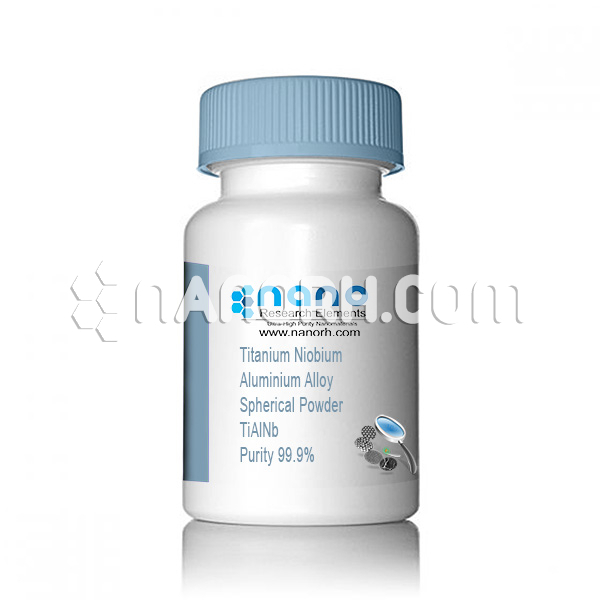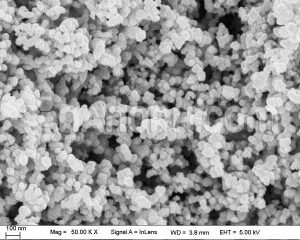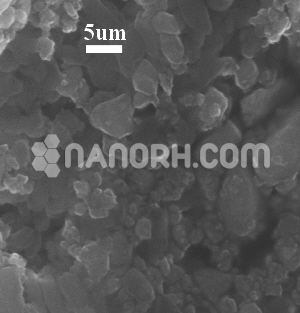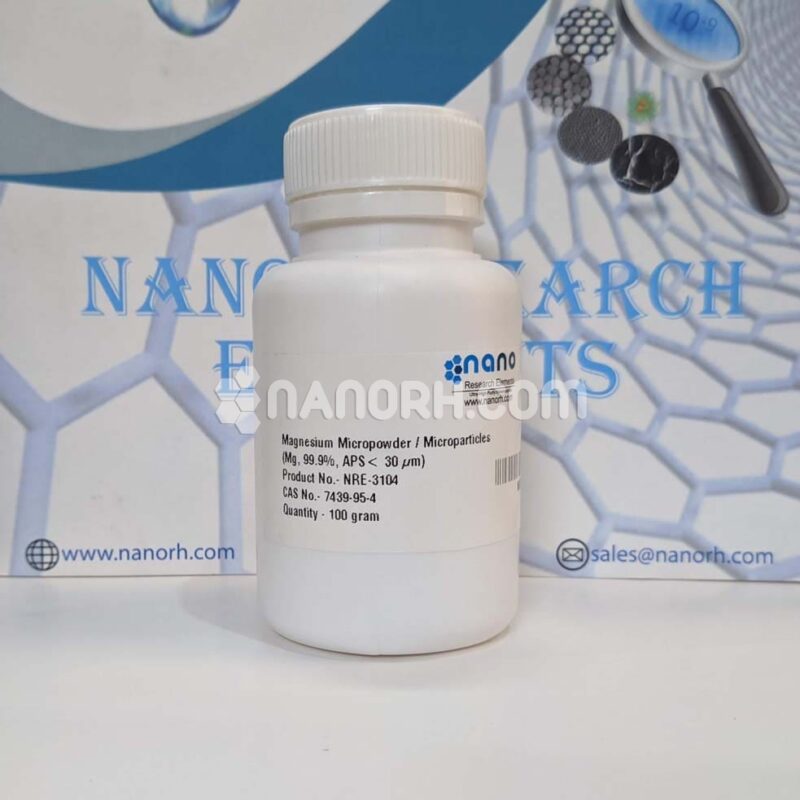| Titanium Niobium Aluminium Alloy Spherical Powder | |
| Product No | NRE-9086 |
| CAS | 7440-32-6 / 7440-03-1 / 7429-90-5 |
| Purity | 99.9% |
| Formula | TiAlNb |
| APS | <40um (can be customized) |
| Color | Grey |
| Molecular Weight | 167.75 g/mol |
| Density | NA |
| Melting Point | NA |
| Boiling Point | NA |
Titanium Niobium Aluminium Alloy Spherical Powder
Introduction:
Titanium Niobium Aluminum Alloy Spherical Powder is a specialized metal powder composed of titanium (Ti), niobium (Nb), and aluminum (Al), designed to combine the unique properties of these three elements. The spherical shape of the powder makes it particularly suitable for additive manufacturing (3D printing), powder metallurgy, and other advanced manufacturing processes. This alloy is developed to meet the demanding requirements of industries such as aerospace, automotive, medical, and energy, where components need to perform under extreme conditions.
Key Characteristics of the Alloy Components:
Titanium (Ti): Titanium is known for its lightweight, high strength, and excellent corrosion resistance. It provides the alloy with outstanding mechanical properties and biocompatibility, making it ideal for applications in industries such as aerospace and medical.
Niobium (Nb): Niobium improves the high-temperature stability, toughness, and creep resistance of the alloy. It is especially beneficial for applications in high-stress and high-heat environments, such as in aerospace engines and gas turbines. Niobium also enhances the alloy’s oxidation resistance and ductility.
Aluminum (Al): Aluminum contributes to the alloy’s lightweight properties, improving oxidation resistance and thermal stability. The addition of aluminum also improves the creep resistance of the alloy, allowing it to perform well at elevated temperatures.
The spherical form of the powder makes it ideal for additive manufacturing (AM) processes like Selective Laser Melting (SLM), Electron Beam Melting (EBM), and powder metallurgy, as it ensures excellent flowability, uniform packing, and higher quality parts with precise geometries.




